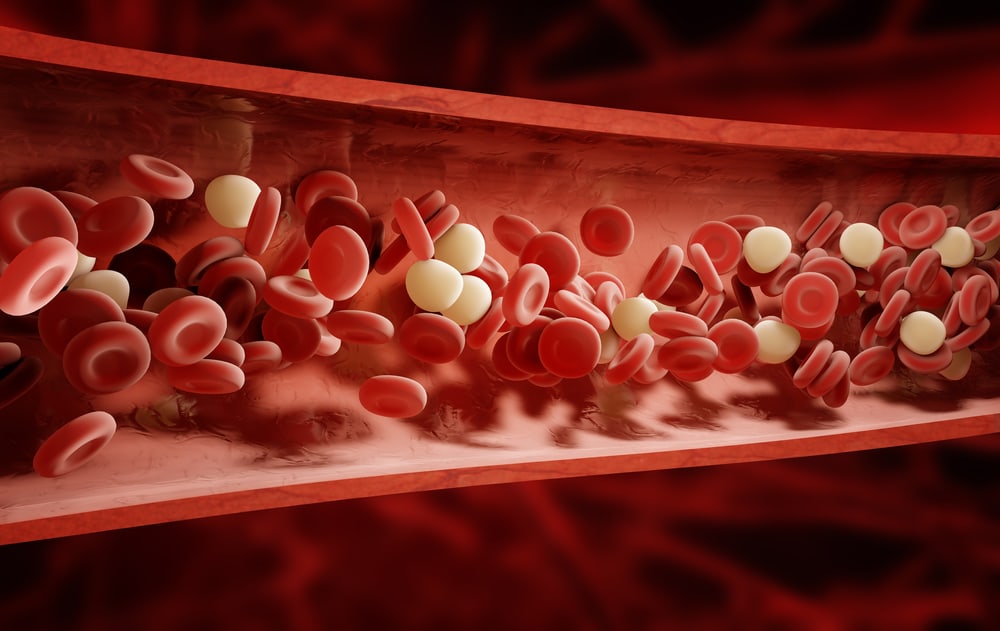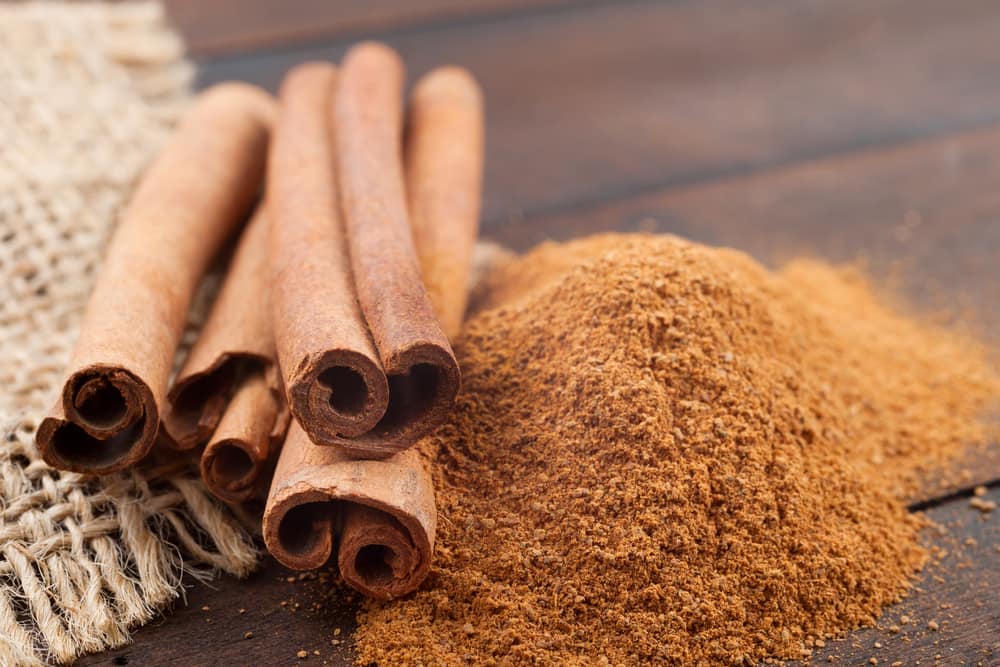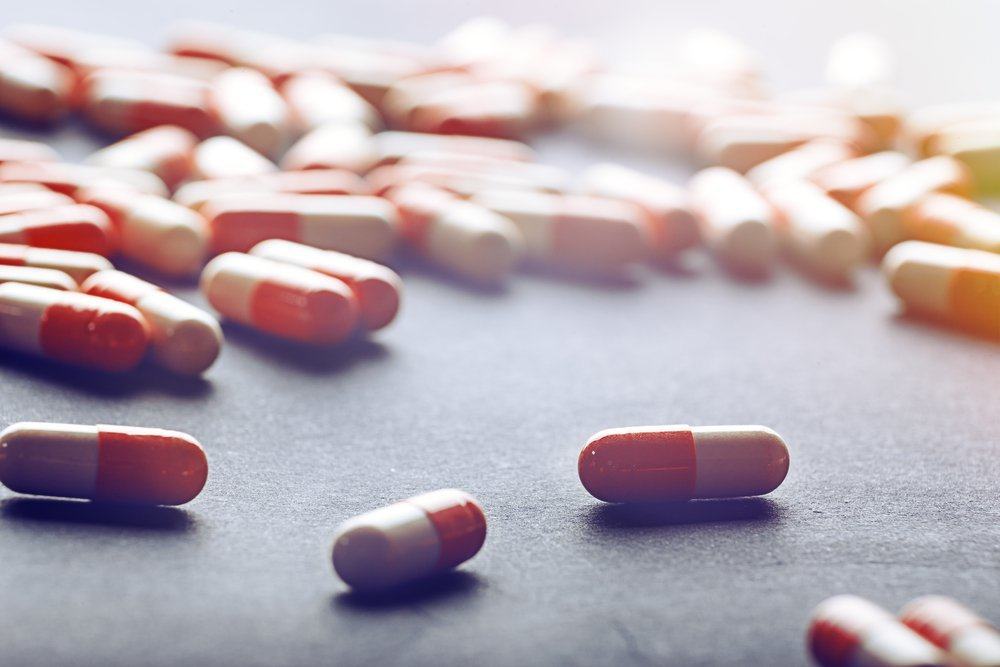Contents:
- Medical Video: 5 Common Signs of Heart Disease
- The risk of heart disease can increase if you have thick blood
- What makes blood thick?
- Then, what are the features have thick blood in the body?
- How to prevent blood from thickening?
Medical Video: 5 Common Signs of Heart Disease
The saying says "blood is thicker than water" to describe the close ties of family. But in fact, having thick blood in the body can actually harm your health. What are the risks if you have thick blood? And how do you know if you have thick blood? Find out here.
The risk of heart disease can increase if you have thick blood
Based on the results of a study conducted by Harvard University, thick blood increases the risk of coronary heart disease, stroke, and other heart diseases. In another study, it was found that groups of people who had thick blood had a greater chance of experiencing cardiovascular disease.
What makes blood thick?
How thick or liquid your blood is is influenced by many factors. Some things that affect blood viscosity are:
- Red blood cells. Peacock blood cells have a direct effect on blood viscosity. The more red blood, the thicker your blood will be.
- Blood fat levels. The more fat in your blood, the more thick your blood will be.
- Chronic inflammation that occurs in the body, due to smoking, diabetes, or other chronic diseases.
Then, what are the features have thick blood in the body?
You are not alone if you do not understand how thick your blood is. Indeed, until now there is no tool or examination that can see whether or not blood is thick. But clearly, thick blood is not good for your health. Why?
Thick blood is related to the smooth flow of blood. the thicker a person's blood is, the slower the blood flow moves. This will certainly change some body functions and cause health problems, especially the heart.
When the slow blood flow moves, the risk for deposition is greater. In the end, many lumps formed due to thick blood. This condition makes the blood not flowing properly and many body tissues that experience lack of oxygen and food.
How to prevent blood from thickening?
Drinking plenty of water staying digested is the best suggestion to prevent thick blood, because fluid intake can affect your blood circulation.You can consume at least 2 liters of water per day. But doing this is not a guarantee that your blood will not thicken, but this habit will make the body well hydrated.
Actually there is no need for a special way to make your blood flow and viscosity normal. You only need to apply a healthy lifestyle, such as maintaining a diet, doing regular exercise, getting enough rest, and avoiding smoking.
Although it is not known exactly how to determine the level of blood viscosity in the body, but if you do all of these methods, then you will avoid various triggers that can cause you to get heart disease.












